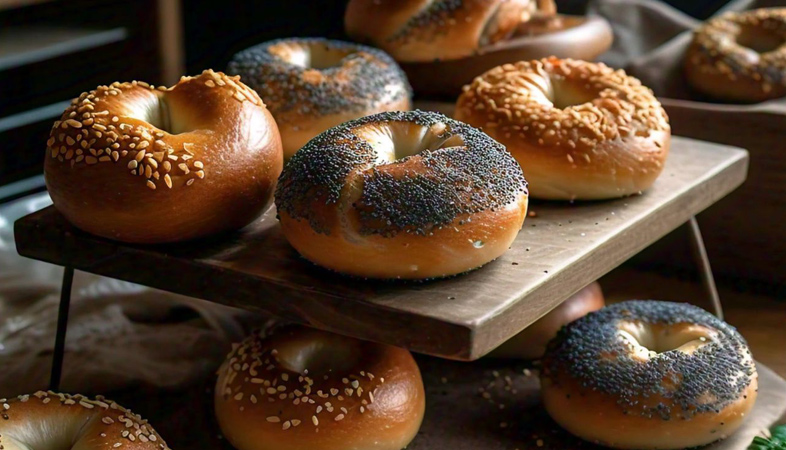SHARE
Commercials
More Posts
Apr 04, 2025
The Future of Upcycled Ingredients in Fine Dining
Feb 09, 2025
Ginger Lemon Kombucha Cooler - By Selva Kumar
Feb 19, 2025
Dhokla Chicken Tikka Sandwich - By Chef Hardev Singh
Apr 04, 2025
The Future of Upcycled Ingredients in Fine Dining
Feb 09, 2025
Ginger Lemon Kombucha Cooler - By Selva Kumar
Feb 19, 2025
Dhokla Chicken Tikka Sandwich - By Chef Hardev Singh
Apr 04, 2025
.png)




























